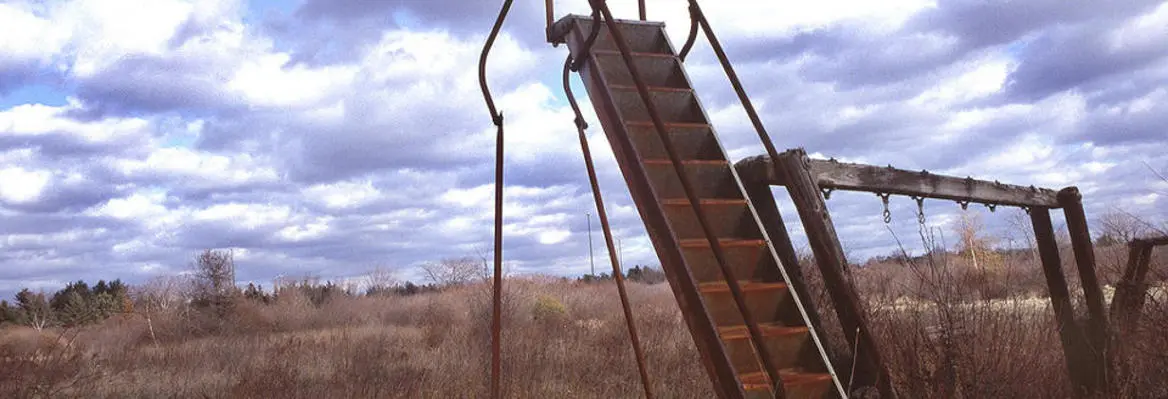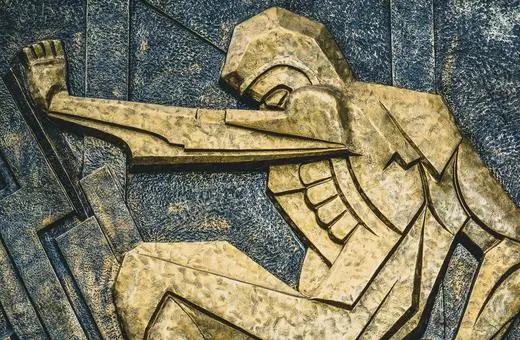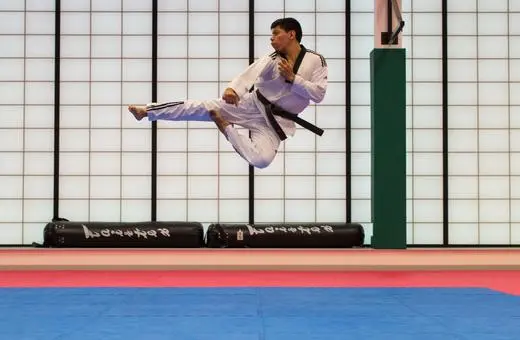Here are two quotes: "Nothing in cricket has the slightest importance when set against a single death from violence in Northern Ireland." And, second: ''Some people believe football is a matter of life and death. I am very disappointed with that attitude. I can assure you it is much, much more important than that." The first was said by iconic cricket commentator, John Arlott; the second, by Bill Shankley, the charismatic manager of Liverpool Football Club. What are we to make of this apparent conflict?
Play is part of living; death is the interruption of living. Of course we stop things for death, crisis, tragedy, disaster or loss. But play is central, not only to living from moment to moment, but to our sense of life, creativity and the development of skills. Play is equally related to work – it’s often serious and usually relates to how we interact with others, as well as to our inner sense of being.
There is much overlap in organised sport and creative play, though, of course, sport can be creative too. In each area there is a space set aside: there is room for things to happen within the stage, frame, field, pitch or arena that can’t easily happen elsewhere. My granddaughter created a place (the living room) called The Beach. When we played there it could be a beach, a school, a playground, a doctor’s surgery, a home for wolves, and so on. When we weren’t it was merely a room with two sofas in it. The Beach was a transitional space, a place set aside; a place between an objective external space, and a private transformed space. I read something recently about the mysteriousness of the space within the boundary of the cricket field. Such spaces have something of the sacred about them.
Sport galvanises and channels body, skill, competition, striving, aggression and often teamwork. It involves respect; one needs one’s opponent to push to improve and to help develop personal qualities like not giving up, not getting complacent. A wholehearted aggression is permitted within the rules and the ethos of many sports, which is particularly interesting in light of, for example, psychoanalyst Donald Winnicott and his view that there is a need for children to be allowed to hate and be furious, and for the parent to survive with his or her capacity for being a good-enough parent intact.
Art – including theatre, literature and music – which arises out of imaginative play permits the exploration of and expression of inner worlds and ideas and feelings. Oedipus resonates with us all. As with small children, play involves wonder and delight. I remember my Professor of Philosophy, John Wisdom, looking up at kites flying against the backdrop of the Californian sky and saying with wonder and astonishment: “Look how high they are.” Play also involves identifications: trying out being the mother, say, or the baby or the doctor. Play can be serious stuff.
Sport and play require work too; and work also grows out of play. Work may be opposed to play (expulsion from Eden, duty, arduousness), and involve demands on mind and body. Play seems to be work that comes from ourselves and our wish to do it. Play is sometimes understood as frivolous, fluffy, superficial; work, by contrast, is often see as boring. In the best of worlds there is hardly any separation. Hence, for the cricketer who loves cricket, the repetitive work of net practice is not (or not too) boring. Such play is at the same time work.





















Join the conversation